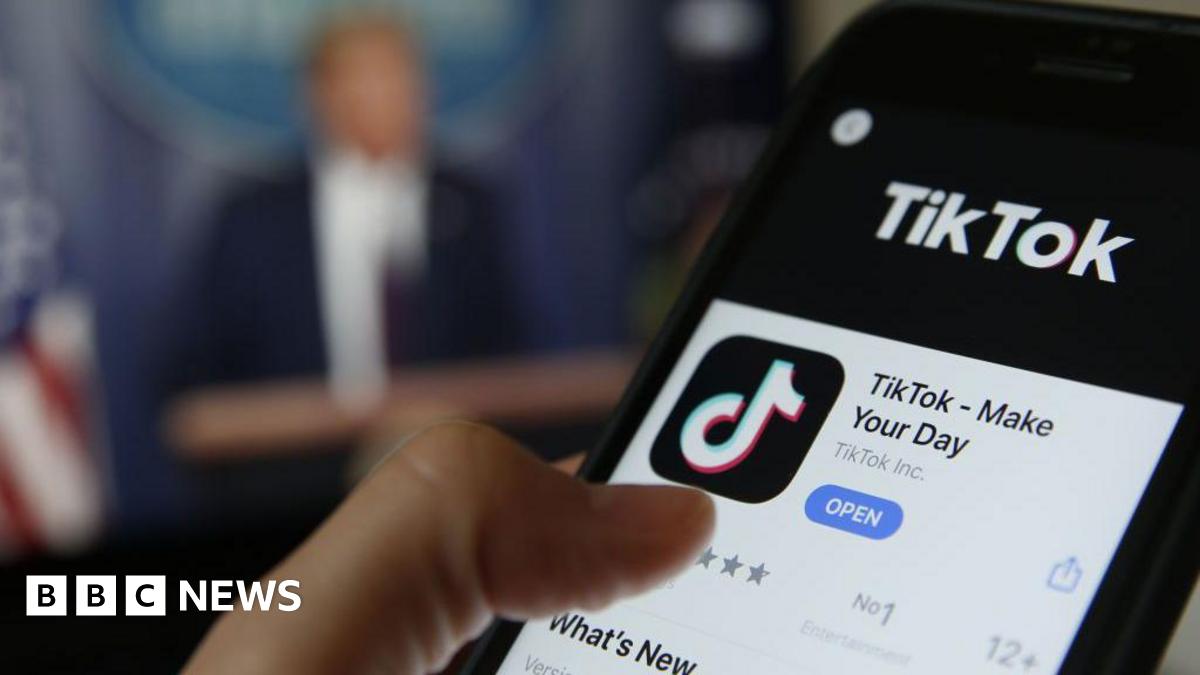In a live poll conducted during a WTW webinar this week, attendees identified their biggest concerns as a new federal administration comes in—and healthcare costs easily topped the list.
That HR and benefits professionals are laser-focused on healthcare comes as no surprise, as this is one of the areas most ripe for big shifts under the incoming Trump administration.
“There will be a lot to monitor, watch and pay attention to over the coming months,” Courtney Stubblefield, managing director at WTW, told the audience. Already, Trump’s picks for health-related Cabinet positions are setting the stage: Robert F. Kennedy, Jr., for U.S. Health Secretary; Dr. Mehmet Oz to helm the Centers for Medicare and Medicaid Services; and Dr. Jay Bhattacharya as director of the National Institutes of Health, for example.
The narrative from these proposed leaders around health and safety is markedly different from the current Biden administration and could forecast potential policy shifts that will trickle down to healthcare providers, insurers and employers, Stubblefield says.
“This is a team of people who have a change agenda,” she says. “A lot remains to be seen, but [if confirmed] they could shape the national narrative around health.”
The rhetoric of Trump’s health picks suggests an administration whose health policies step away from the standard. For instance, Kennedy is a vocal vaccine skeptic.
“There has been commentary about wanting to move away from suppression of information, allowing for open, scientific debate,” Stubblefield says, noting vaccine and medication safety standards could face new scrutiny.
That approach could ultimately fuel the move to more flexibility in benefits coverage provisions, fewer mandates and more deference to healthcare providers in decision-making.
Shifting priorities on health
Some of Trump’s Cabinet picks were critics of Dr. Anthony Fauci’s strategy during the COVID-19 pandemic, and Stubblefield says their nominations point to an administration that may de-emphasize the federal focus on infectious diseases and pivot more investment to chronic diseases.
At the same time, a federal emphasis on disease prevention for chronic diseases may shift attention to the inclusion of more holistic treatments.
“Hopefully, there will be a balanced dialogue there, but there’s a lot to watch and wait for to see how this shapes up,” she says.
Revisiting healthcare insurance standards
One of the most hotly debated healthcare-related issues the incoming administration has spoken out on is the Affordable Care Act. While Stubblefield says Trump has a stated goal of “improving and optimizing” the ACA—rather than repealing and replacing it—the effort to make the program more affordable is “a tall order, a very difficult thing to do.”
Though Stubblefield cautions that it remains speculative, some pundits have proposed that the administration may move to lower costs for younger populations, which could drive up costs for older Americans insured through the ACA.
At the same time, many of Trump’s Cabinet picks support Medicare privatization and could push for continued expansion of Medicare Advantage plans.
“We’ve reached a state where it’s almost 50/50 between enrollment in traditional and Advantage programs, and it’s not faring well financially,” she says. “How will that trickle into commercial coverage? Nothing exists in isolation in healthcare.”
Credit: Source link











